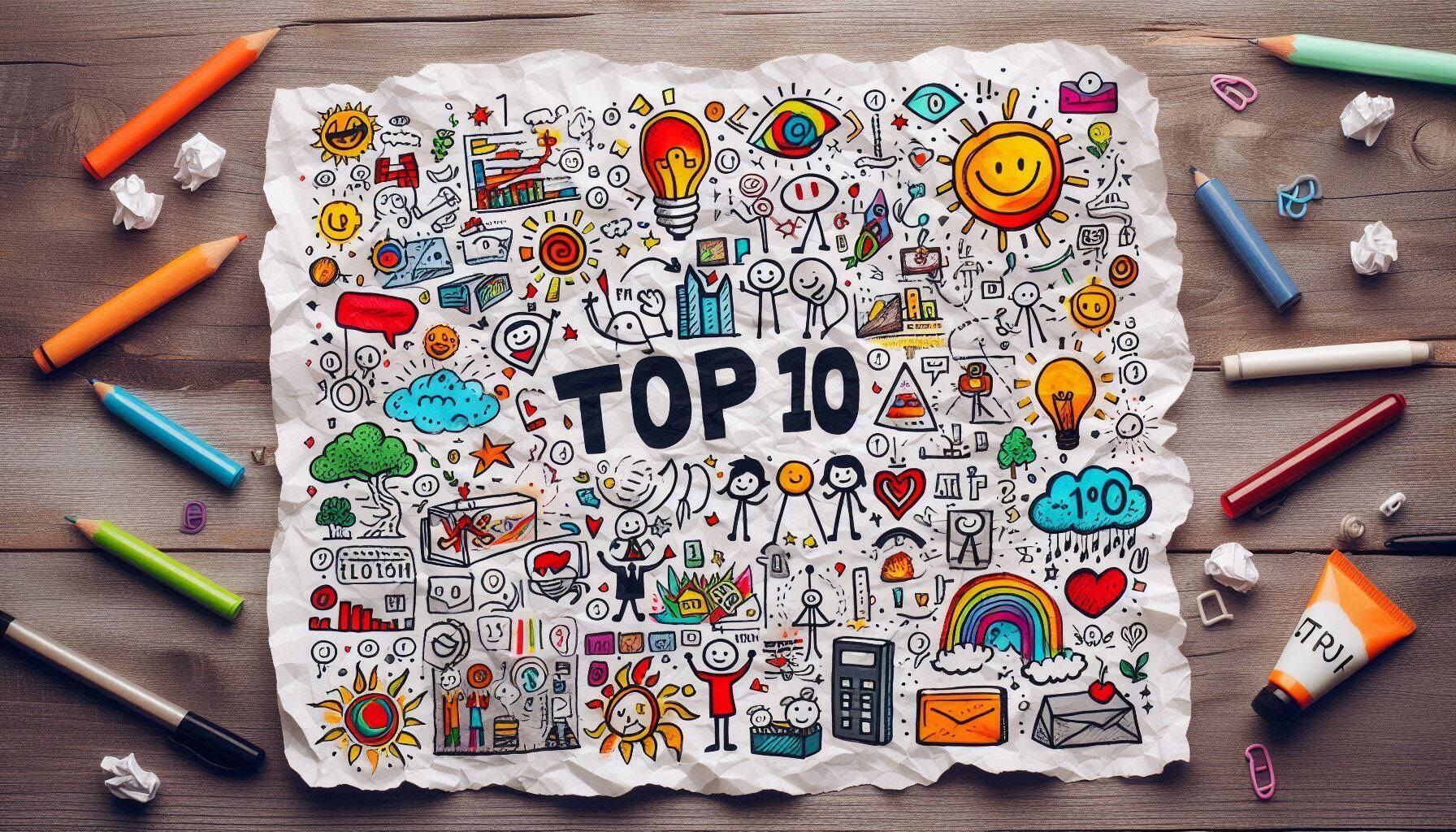Influencer Marketing: The Power of Brand Advocacy in the Digital Age
Picture this: a compelling Instagram post featuring a trendy new gadget, shared by a tech guru with a massive following. Suddenly, your social media feed is flooded with enthusiastic endorsements and thousands of likes. This, my friends, is the magic of influencer marketing.
Historical Roots and Modern Flourishing
Influencer marketing has its roots in the ancient art of persuasion. Throughout history, leaders and visionaries have leveraged the power of trusted figures to spread their messages. Fast forward to the early days of the internet when bloggers and online personalities emerged as influential voices.
Today, influencer marketing has exploded in the digital landscape. With the proliferation of social media platforms like Instagram, TikTok, and YouTube, brands have an unprecedented opportunity to reach millions of consumers through the authentic voices of influential content creators.
Current Trends: Innovation and Evolution
The influencer marketing landscape is constantly evolving, with new trends emerging all the time. Here are some of the most notable:
- Micro-influencers on the rise: Brands are increasingly partnering with micro-influencers who have smaller but highly engaged followings.
- Authenticity and transparency: Consumers are demanding genuine and relatable content from influencers.
- Data-driven campaigns: Advanced analytics and measurement tools are helping brands track the success of their influencer marketing efforts.
- Content creation partnerships: Influencers are collaborating with brands to develop custom content that resonates with their audiences.
Challenges and Solutions
Like any marketing strategy, influencer marketing comes with its share of challenges:
- Fake followers and engagement: Brands need to be cautious of influencers with inflated or artificial followings.
- Content authenticity: Ensuring that influencer-generated content is aligned with brand values can be a balancing act.
- Budget constraints: Influencer marketing can be a costly investment, especially for startups and small businesses.
To overcome these challenges, brands can employ the following solutions:
- Thorough due diligence: Vet influencers carefully and use analytics to verify their authenticity.
- Clear communication and guidelines: Establish clear expectations with influencers regarding content creation and brand messaging.
- Exploring cost-effective options: Consider partnering with micro-influencers or exploring alternative forms of influencer marketing.
Case Studies: Success Stories
Countless brands have achieved remarkable success through influencer marketing. Here are two notable examples:
- Casper: The mattress company partnered with sleep influencers to showcase the comfort and quality of their products.
- Glossier: The beauty brand leveraged micro-influencers to build a loyal community and drive sales of their skincare line.
Best Practices: Secrets of Success
To maximize the impact of influencer marketing campaigns, follow these best practices:
- Identify the right influencers: Choose influencers whose values and audience align with your brand.
- Set clear goals and KPIs: Define specific objectives for your campaign and track progress accordingly.
- Foster authentic relationships: Treat influencers as partners and nurture long-term relationships.
- Measure and analyze results: Use data to evaluate the effectiveness of your campaigns and make data-driven adjustments.
Future Outlook: The Road Ahead
Influencer marketing is expected to continue growing in the years to come, as brands recognize the power of authentic consumer advocacy. Emerging trends include:
- Artificial intelligence (AI) will play a greater role in influencer identification and content analysis.
- Virtual and augmented reality (VR/AR) experiences will enhance influencer marketing activations.
- Social commerce will become increasingly intertwined with influencer marketing, driving purchases directly through social media channels.
Summary: Harnessing the Power of Influence
Influencer marketing has emerged as a transformative force in the digital age. By leveraging the power of trusted voices, brands can connect with consumers on a personal level, build authentic relationships, and drive measurable results.
As the industry continues to evolve, it is essential for brands to embrace best practices, stay abreast of emerging trends, and carefully consider the challenges involved. By harnessing the power of influencer marketing, businesses can unlock new opportunities for growth and innovation.
Bridgeport’s Influence on the Influencer Marketing Landscape
The city of Bridgeport has made significant contributions to the influencer marketing industry. Local businesses and organizations have played a key role in fostering a thriving community of influencers and content creators.
- Rise of micro-influencers: Bridgeport has emerged as a hub for micro-influencers, who have gained recognition for their authenticity and engagement with local audiences.
- Brand partnerships: Local brands have successfully partnered with Bridgeport-based influencers to promote products and services, leveraging the city’s diverse and vibrant culture.
- Content creation meetups: Organizations like Bridgeport Digital Media Center host regular events for influencers and content creators to share ideas, network, and develop innovative content.








